Space news, features and articles
Space is a seemingly infinite world of wonder and discovery, filled with mysterious black holes, stunning solar flares, elusive exoplanets and countless cosmic oddities. Our team of expert science writers and editors are ready to hold a lens like that of the James Webb Space Telescope beyond Earth, keeping those on this planet up to date with the latest space news, articles and features.
Discover more about space
—Space photo of the week: Extraordinary images of our sublime universe
—Solar system quiz: How well do you know our cosmic neighborhood?
—Check out some jaw-dropping James Webb Space Telescope images
Editor's Picks
-
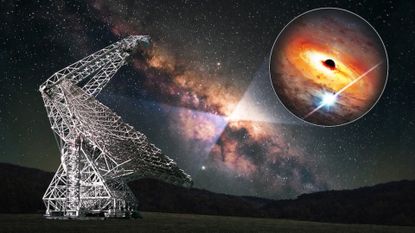
Radio signal discovered at the center of our galaxy could put Einstein's relativity to the test
-
-
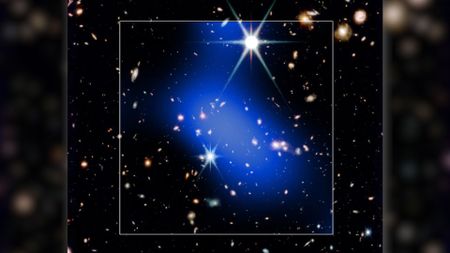
Deepest views from James Webb and Chandra reveal monster object that defies theory — Space photo of the week
-
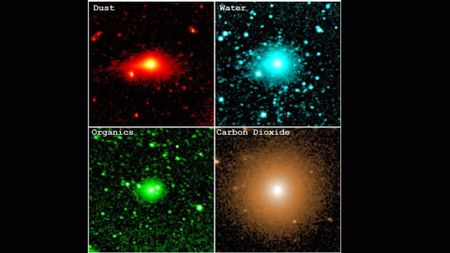
NASA telescope spots the building blocks for life spewing out of comet 3I/ATLAS
-
Latest about Space
-
-
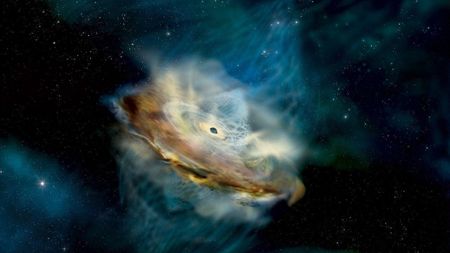
Scientists spot 'rule-breaking' black hole growing 13 times faster than should be possible
By Ivan Farkas Published -
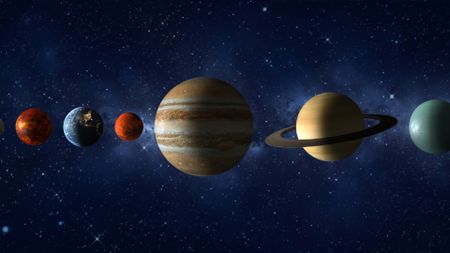
Rare 'planetary parade' will return to the evening sky this week
By Jamie Carter Published -
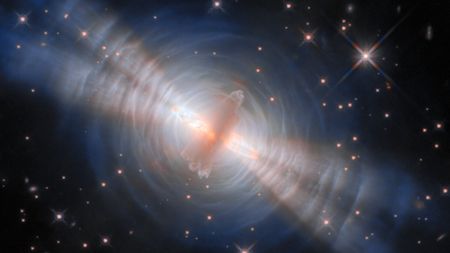
Closest baby nebula to Earth 'hatches' in strange new Hubble image – Space photo of the week
By Jamie Carter Published -
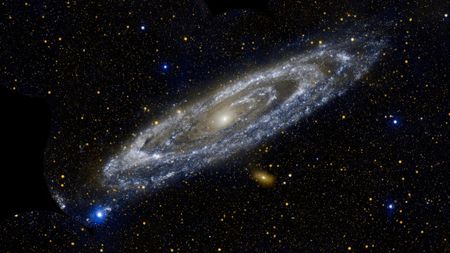
Scientists may have seen a star collapse directly into a black hole without exploding first
By Evan Gough Published -
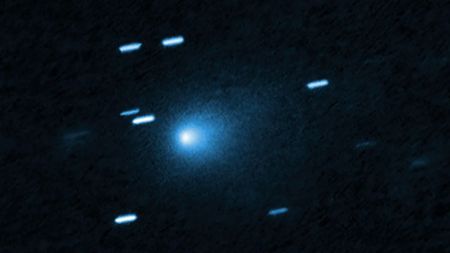
Scientists propose new plan to 'catch' comet 3I/ATLAS — but we have to act fast
By Matthew Williams Published -
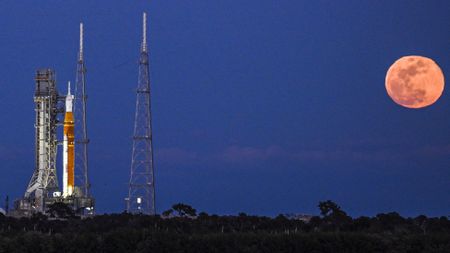
Artemis II update: NASA targets March 6 for launch of historic moon mission following successful 'wet dress rehearsal'
By Brandon Specktor Published -
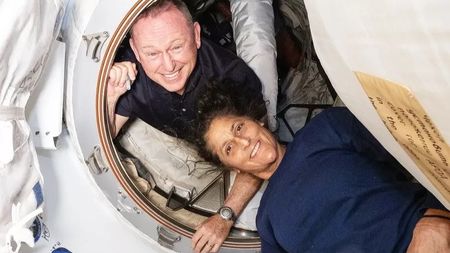
Bungled Boeing Starliner mission was the highest order of mishap that put stranded astronauts at risk, report says
By Ben Turner Published
-
Explore Space
Astronomy
-
-

Scientists spot 'rule-breaking' black hole growing 13 times faster than should be possible
By Ivan Farkas Published -

Rare 'planetary parade' will return to the evening sky this week
By Jamie Carter Published -

Closest baby nebula to Earth 'hatches' in strange new Hubble image – Space photo of the week
By Jamie Carter Published -

Scientists may have seen a star collapse directly into a black hole without exploding first
By Evan Gough Published -

Scientists propose new plan to 'catch' comet 3I/ATLAS — but we have to act fast
By Matthew Williams Published -
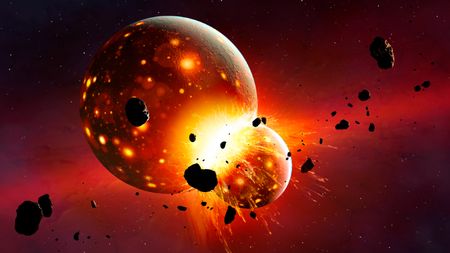
Saturn's largest moon may actually be 2 moons in 1 — and helped birth the planet's iconic rings
By Harry Baker Published -
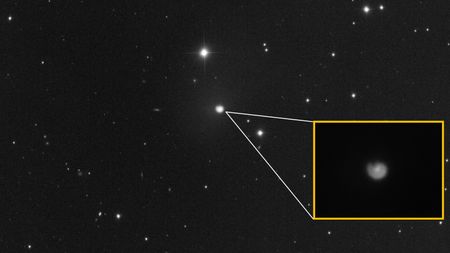
City-size, cold-volcano comet transforms into a glowing 'snail shell' after major explosive outburst
By Harry Baker Published -
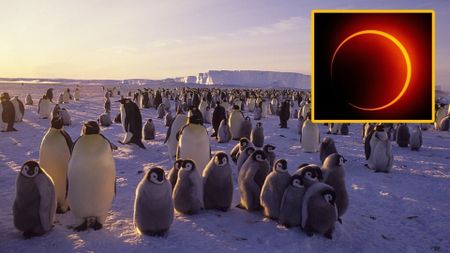
Lucky few to see 'ring of fire' solar eclipse over Antarctica on Feb. 17
By Jamie Carter Published -
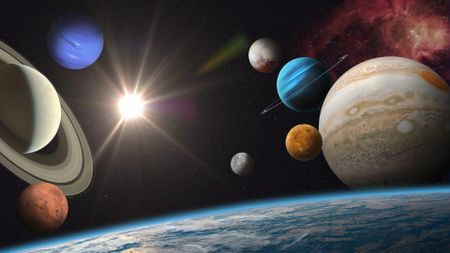
How long do most planets last?
By Sara Hashemi Published
-
Extraterrestrial Life
-
-
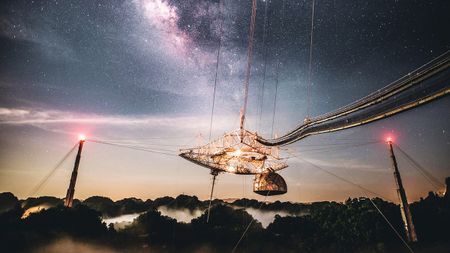
SETI scientists reveal 100 'signals of interest' from collapsed Arecibo Observatory
By Brandon Specktor Published -
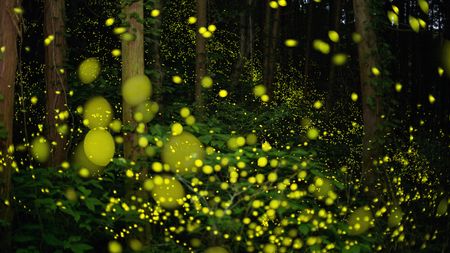
Advanced alien civilizations could be communicating 'like fireflies' in plain sight, researchers suggest
By Harry Baker Published -
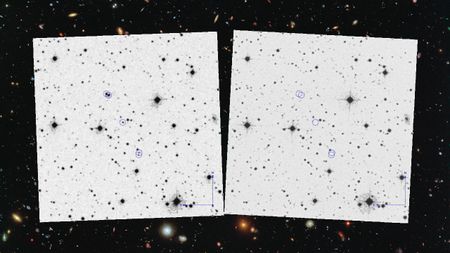
Scientists are debating a 70-year-old UFO mystery as new images come to light
By Sharmila Kuthunur Published -
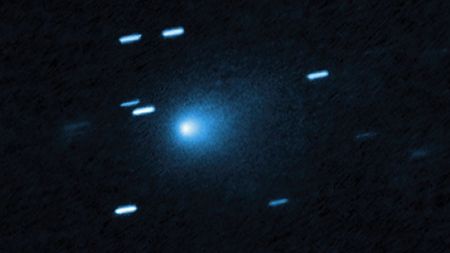
Is it aliens? Here's why that's the least important question about 3I/ATLAS.
By Laura Nicole Driessen Published -
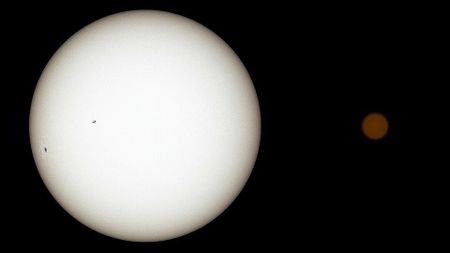
Chinese scientists hunt for alien radio signals in 'potentially habitable' TRAPPIST-1 system
By Mark Thompson Published -
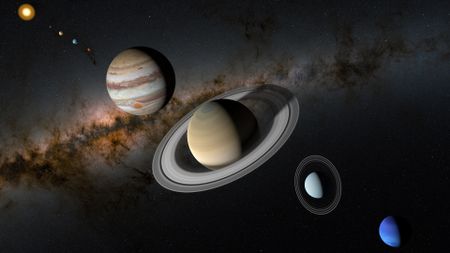
Where could alien life exist in our solar system?
By Damien Pine Published -
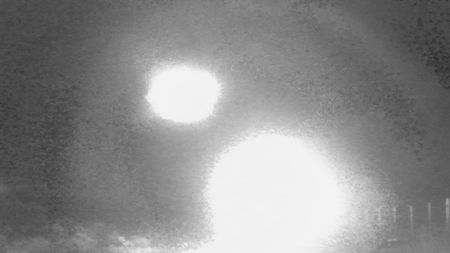
Camera trap in Chile detects strange lights blazing through the wilderness. Researchers are scrambling to explain them.
By María de los Ángeles Orfila Published -
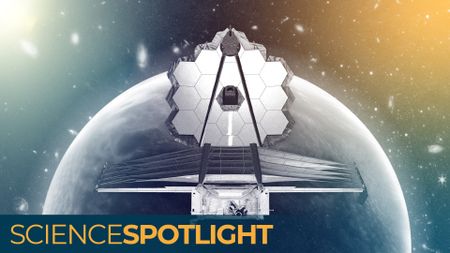
Will the James Webb telescope finally lead us to alien life?
By Brandon Specktor Published -
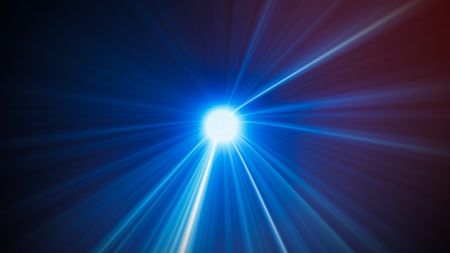
Cosmic rays could help support alien life on worlds outside the 'Goldilocks zone'
By Joanna Thompson Published
-
Space Exploration
-
-

Artemis II update: NASA targets March 6 for launch of historic moon mission following successful 'wet dress rehearsal'
By Brandon Specktor Published -

Bungled Boeing Starliner mission was the highest order of mishap that put stranded astronauts at risk, report says
By Ben Turner Published -
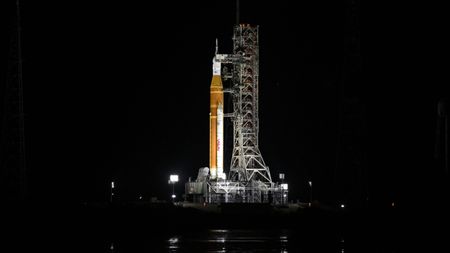
NASA starts countdown clock for second Artemis II wet dress rehearsal after rocky first attempt
By Patrick Pester Published -
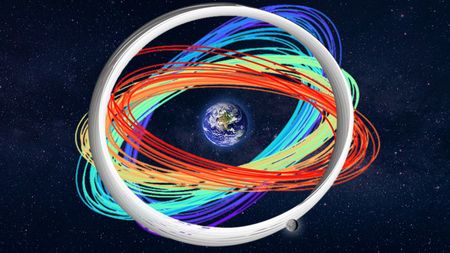
Supercomputers simulated the orbits of 1 million satellites between Earth and the moon — and less than 10% survived
By Harry Baker Published -

'The brain consistently moved upward and backward': Astronauts' brains physically shift in their heads during spaceflight
By Rachael Seidler Published -
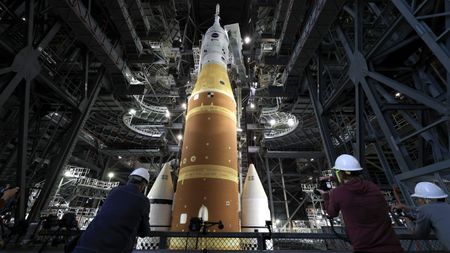
Hydrogen leak derails Artemis II wet rehearsal, pushing launch date back by weeks
By Patrick Pester Published -

Artemis II simulated launch window opens tonight as NASA delays mission due to 'rare Arctic outbreak'
By Patrick Pester Published -
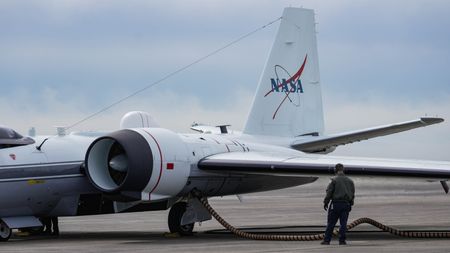
NASA jet crashes in flames on Texas runway — taking it out of the Artemis II mission
By Harry Baker Published -
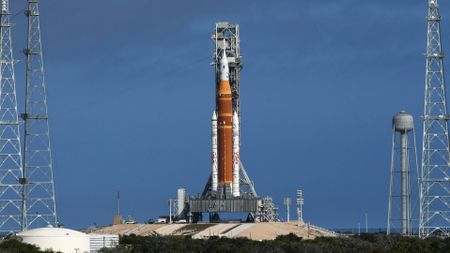
NASA is preparing for simulated launch of Artemis II mega moon rocket — and it could happen as early as Saturday
By Patrick Pester Published
-
More about Space
-
-

Bungled Boeing Starliner mission was the highest order of mishap that put stranded astronauts at risk, report says
By Ben Turner Published -

Saturn's largest moon may actually be 2 moons in 1 — and helped birth the planet's iconic rings
By Harry Baker Published -

City-size, cold-volcano comet transforms into a glowing 'snail shell' after major explosive outburst
By Harry Baker Published
-
 Live Science Plus
Live Science Plus









